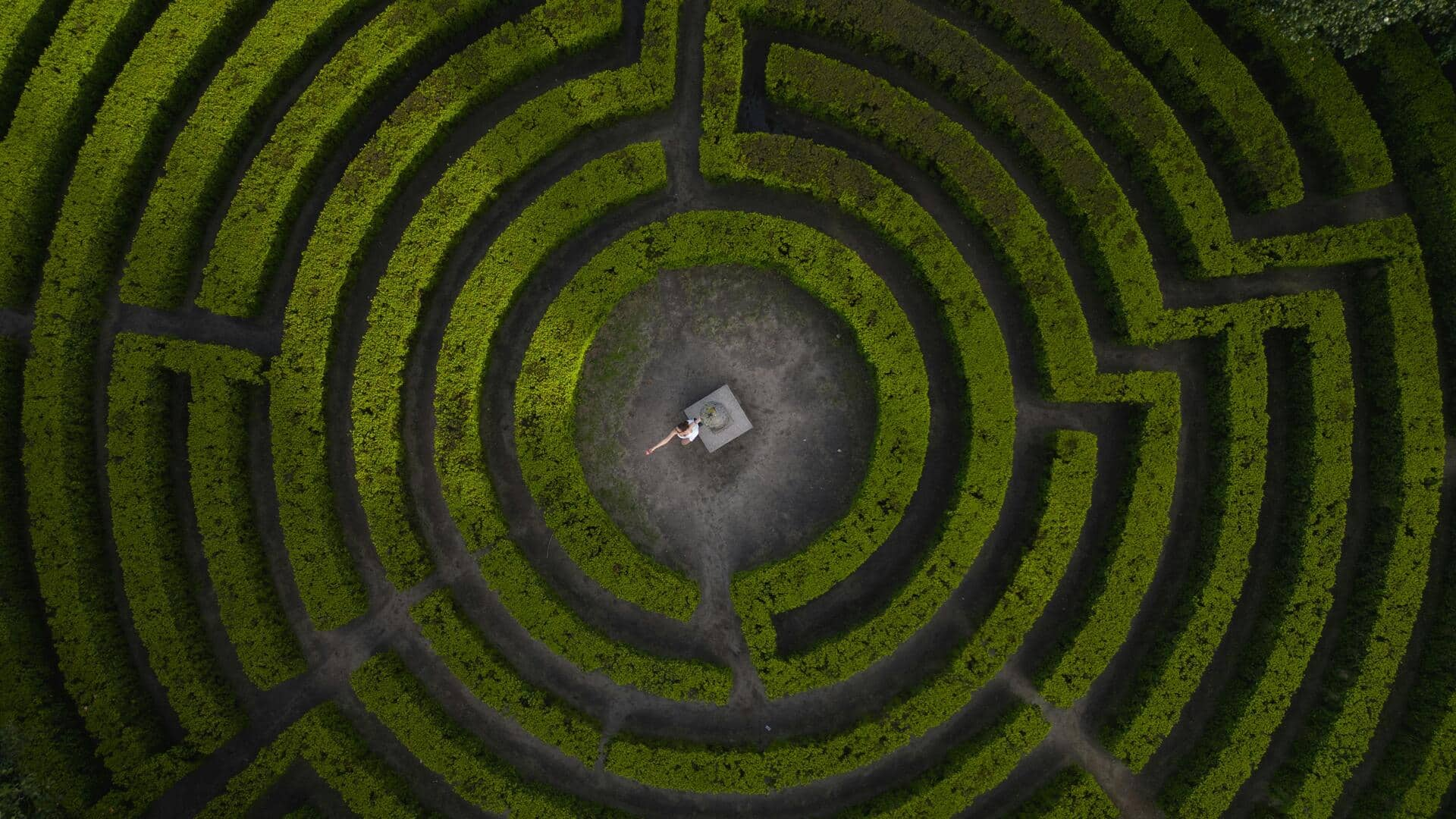
How puzzles boost kids' brainpower and curiosity
What's the story
Nature puzzles are an excellent way to improve children's critical thinking and problem-solving skills. These activities involve observing, analyzing, and deducing solutions based on natural elements. They not only stimulate cognitive development but also instill a sense of curiosity and appreciation for the environment. By engaging with nature puzzles, children can develop a systematic approach to problem-solving that can be applied in various aspects of life.
Leaf patterns
Observational skills through leaf patterns
Observing leaf patterns in different plants can help kids develop keen observational skills. By comparing the shapes, sizes, and colors of leaves, kids learn to notice details that are often overlooked. This activity encourages them to ask questions about why certain plants have specific leaf characteristics. Such inquiries promote critical thinking as kids begin to understand the relationship between a plant's environment and its adaptations.
Rock formations
Problem-solving with rock formations
Exploring rock formations also presents a unique opportunity for kids to hone their problem-solving skills. By examining different types of rocks and their arrangements, kids can make educated guesses about geological processes that led to these formations. This hands-on experience encourages them to think critically about how natural forces shape our world, while also fostering an appreciation for geology.
Flower arrangements
Creative thinking through flower arrangements
Creating flower arrangements is a fun way to spark creative thinking in children. By playing around with different flowers, colors, and textures, children learn to make aesthetic decisions based on balance and harmony. This activity not only boosts creativity but also teaches them how to approach problems from different angles before arriving at a solution.
Animal tracks
Logical reasoning with animal tracks
Tracking animal footprints is an excellent way to develop logical reasoning skills in kids. By identifying different tracks and matching them with their respective animals, kids learn deductive reasoning by connecting clues from the environment. This activity sharpens their ability to make logical connections between evidence found in nature and the conclusions drawn from it.